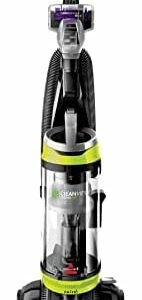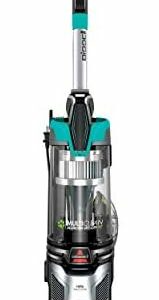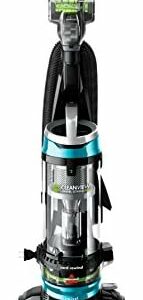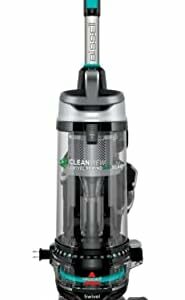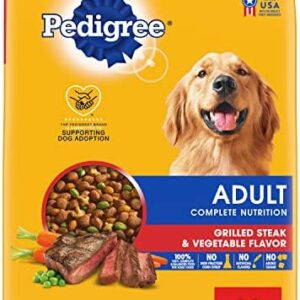
Stick Vacuum Collection
Simplify Pet Hair Cleanup
Free Shipping
Free shipping on order
100% Money Back
If the item didn't suit you
Beautiful Plant Varieties
Luctus nec ullamcorper mattis, pulvinar dapibus leo.
Trendy Cactus Varieties
Luctus nec ullamcorper mattis, pulvinar dapibus leo.
Gardening Accessories
Luctus nec ullamcorper mattis, pulvinar dapibus leo.
Discover the Best Stick Vacuum for Pet Hair
Need help in choosing the right plants?
Commodo sociosqu venenatis cras dolor sagittis integer luctus sem primis eget maecenas sedurna malesuada consectetuer.
Ornare integer commodo mauris et ligula purus, praesent cubilia laboriosam viverra. Mattis id rhoncus. Integer lacus eu volutpat fusce. Elit etiam phasellus suscipit suscipit dapibus, condimentum tempor quis, turpis luctus dolor sapien vivamus.
Testimonials
Real Stories, Real Satisfaction: Hear What Our Customers Have to Say!
Exceptional suction power easily sucks up pet hair from every surface. Lightweight and easy to maneuver, making cleaning a breeze. The battery life lasts longer than expected, perfect for larger homes. The pet hair attachment works like a charm, leaving no fur behind. Overall, highly recommended for pet owners looking for efficiency.
Sarah Jones
Impressive performance in tackling stubborn pet hair on carpets. The compact design makes storage a breeze, perfect for small spaces. It effortlessly transitions from hardwood floors to rugs, saving time during cleaning. The pet hair attachment is a game-changer, leaving furniture fur-free with minimal effort. In summary, a fantastic investment for pet owners seeking convenience.
Jessica Foxx
Surprisingly powerful suction for its compact size, making quick work of pet hair. Lightweight design allows for easy maneuvering around the house, reducing fatigue. The battery life is decent, providing sufficient runtime for everyday cleaning tasks. The pet hair attachment is efficient, leaving floors and upholstery spotless. Overall, a solid option for pet owners seeking convenience and performance.


